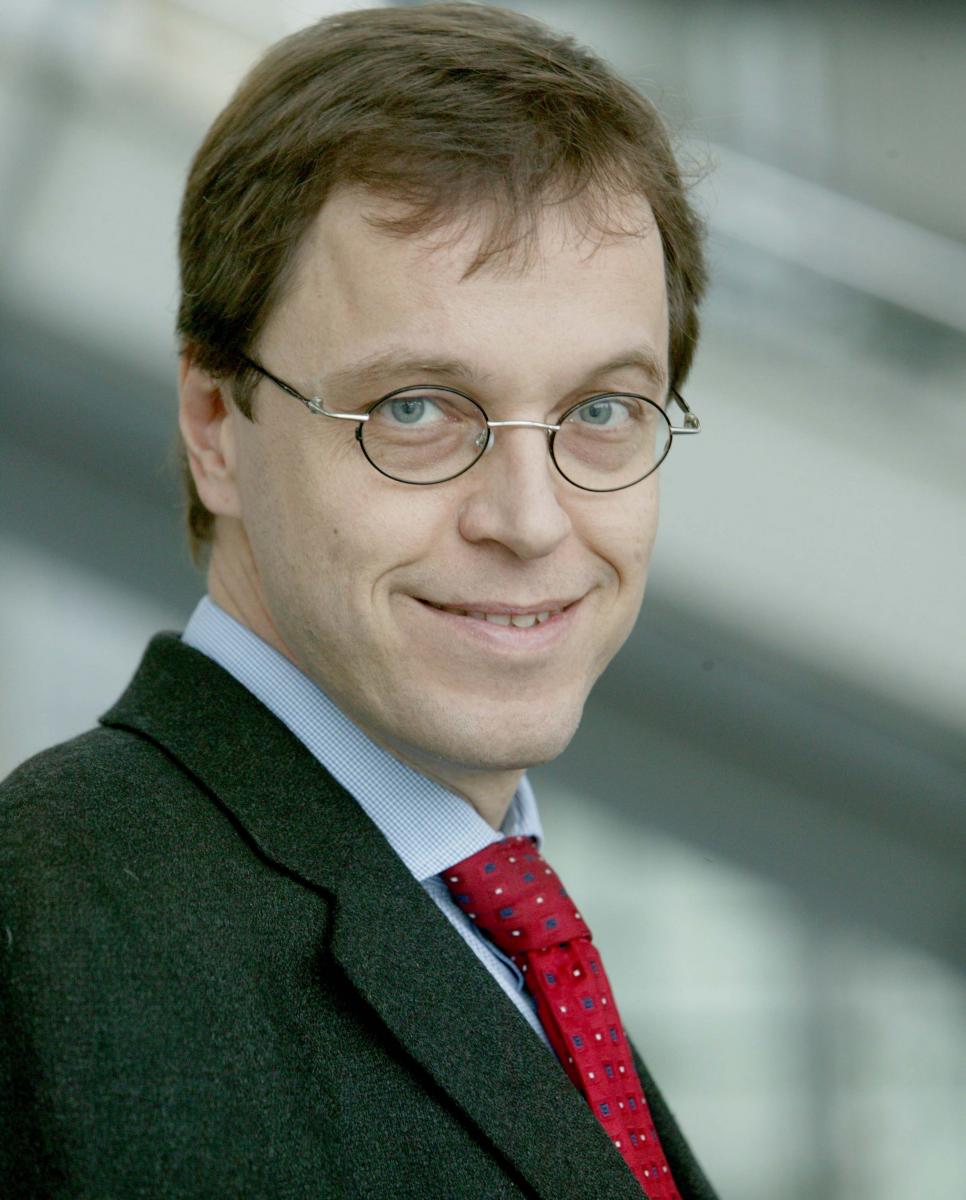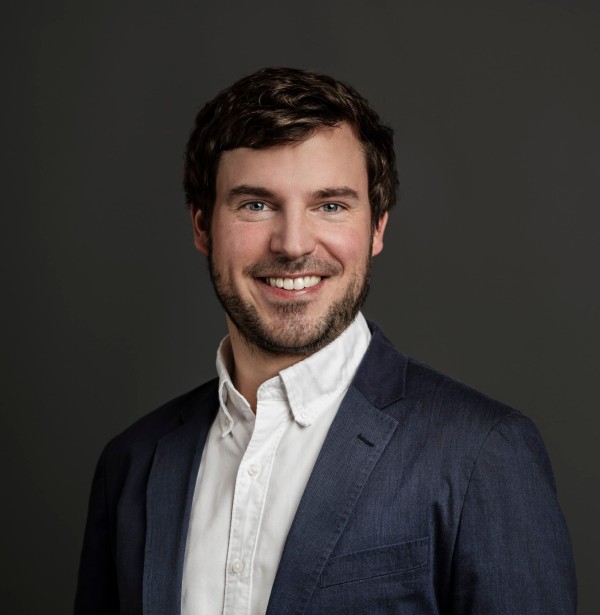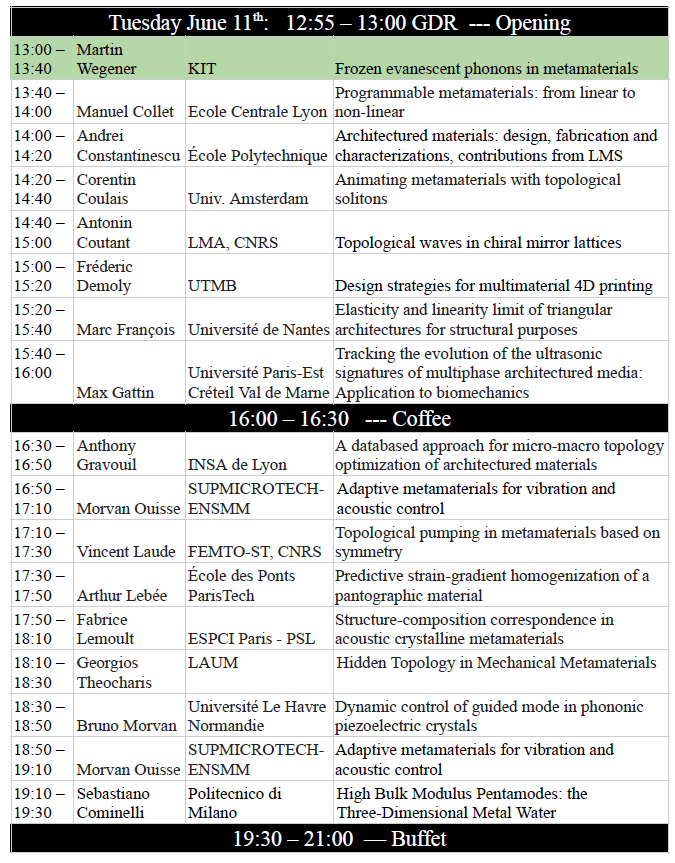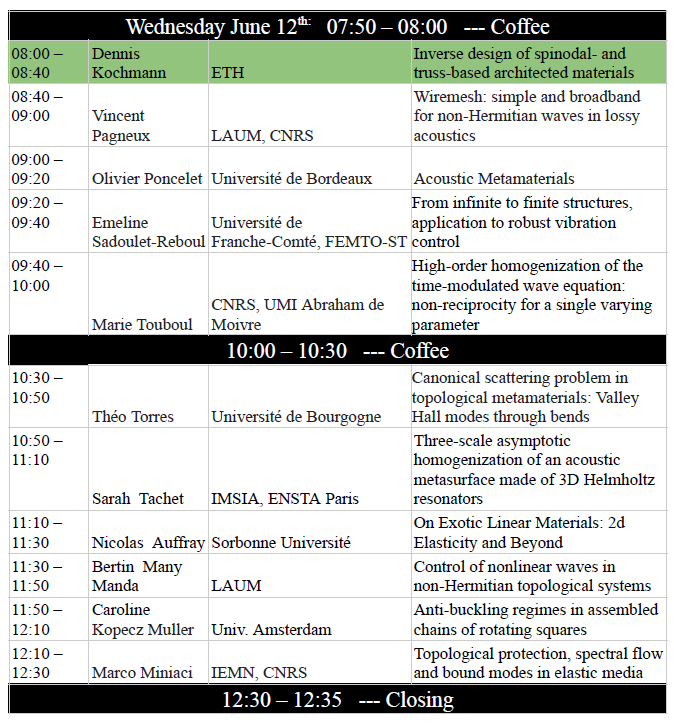Speakers and Program
Plenary speakers:
Prof. Martin Wegener (Karlsruhe Institute of Technology)

Title of the talk: Frozen evanescent phonons in metamaterials
Abstract: Frozen evanescent phonons are the Bloch eigenstates of periodic elastic problems for zero frequency. We show that the Cauchy-Riemann equations fundamentally connect these eigenmodes with the complex-valued phonon band structure, relating unusual dynamic properties with unusual static elastic properties. For finite-size samples, the static solutions are superpositions of frozen evanescent phonons and non-Bloch solutions, such that the boundary conditions are met. Thereby, the boundary conditions may play an extraordinary role, e.g., leading to interference phenomena. Experiments on microstructured 3D metamaterials made by laser printing are in excellent agreement with theory and simplified models.
Biography: After completing his Diplom and PhD in physics at Johann Wolfgang Goethe-Universität Frankfurt (Germany) in 1986 and 1987, respectively, Martin Wegener spent two years as a postdoc at AT&T Bell Laboratories in Holmdel (U.S.A.). From 1990-1995 he was professor (C3) at Universität Dortmund (Germany), since 1995 he is professor (C4, later W3) at Institute of Applied Physics of Karlsruhe Institute of Technology (KIT). Since 2001 he has a joint appointment as department head at Institute of Nanotechnology of KIT. Since 2018 he is spokesperson of the Cluster of Excellence 3D Matter Made to Order.
Prof. Dennis Kochmann (ETH Zürich)

Title of the talk: Inverse design of spinodal- and truss-based architected materials
Abstract: Tailoring the architecture of cellular materials – from random foams to periodic truss, plate and shell structures – has resulted in a variety of lightweight architected materials with beneficial mechanical properties. While the “forward problem” of modeling effective material properties is a classic, the “inverse problem” of predicting architectures with optimal or extreme target properties has remained an open challenge. We here discuss two distinct classes of architected materials – spinodoids and beam lattice materials – with interesting properties and address their inverse design. While spinodal-type structures are characterized by smooth, bicontinuous geometries and aperiodic random designs, beam lattices are periodic and based on a discrete topology. Forward predictions in both cases can be performed by finite element simulations, yet their inverse design is challenging due to the ill-posed nature of the inverse problems and the vast design spaces. We leverage methods of machine learning to tackle these challenges. In the case of spinodoid architectures we identify structures with target 3D anisotropic stiffness for applications such as bone implants, using a data-driven approach that involves two neural networks (one for the forward and one for the inverse problem). For beam-based lattice materials we use variational autoencoders to leverage the vast design space of beam topologies (varying node positions and connectivities) and to identify structures with optimized anisotropic stiffness as well as with pre-defined nonlinear stress-strain responses. Overall, we demonstrate the abundant design spaces as well as methods to reverse-engineer beneficial properties of these two types of architected materials.
Biography: Dennis M. Kochmann received his education at Ruhr-University Bochum and at the University of Wisconsin-Madison. After postdoc positions at Wisconsin and Caltech, he joined the Aerospace Department at Caltech as Assistant Professor in 2011. In 2016 he was promoted to Professor of Aerospace, a position he held through 2019. Since April 2017 he has been Professor of Mechanics and Materials at ETH Zürich, where he served as Head of the Institute of Mechanical Systems and as Deputy Head of Department. His research focuses on the link between microstructure and properties of natural and architected materials, which includes the development of theoretical, computational, and experimental methods to bridge across scales from nano to macro. His research has been recognized by, among others, IUTAM’s Bureau Prize in Solid Mechanics, GAMM’s Richard von Mises Prize, ASME’s T.J.R. Hughes Young Investigator Award, an NSF CAREER Award and ERC Consolidator Grant, and IACM’s John Argyris Award. He is on the Board of Directors of the Society of Engineering Science and serves as Associate Editor for Archive of Applied Mechanics and Applied Mechanics Reviews.
Keynote Speakers
Manuel Collet (Ecole Centrale Lyon) : Programmable metamaterials: from linear to non-linear
Andrei Constantinescu (École Polytechnique) : Architectured materials: design, fabrication and characterizations, contributions from LMS
Corentin Coulais (Univ. Amsterdam) : Animating metamaterials with topological solitons
Antonin Coutant (LMA, CNRS) : Topological waves in chiral mirror lattices
Fréderic Demoly (UTMB) :
Marc François (Université de Nantes) : Elasticity and linearity limit of triangular architectures for structural purposes.
Max Gattin (Université Paris-Est Créteil Val de Marne): Tracking the evolution of the ultrasonic signatures of multiphase architectured media: Application to biomechanics
Anthony Gravouil (INSA de Lyon) : A databased approach for micro-macro topology optimization of architectured materials
Sebastien Guenneau (Imperial College London) :
Vincent Laude (FEMTO-ST, CNRS) : Topological pumping in metamaterials based on symmetry
Arthur Lebée (École des Ponts ParisTech) : Predictive strain-gradient homogenization of a pantographic material
Fabrice Lemoult (ESPCI Paris - PSL) : Structure-composition correspondence in acoustic crystalline metamaterials
Marco Miniaci (IEMN, CNRS) :
Bruno Morvan (Université Le Havre Normandie) : Dynamic control of guided mode in phononic piezoelectric crystals
Morvan OUISSE (SUPMICROTECH-ENSMM) : Adaptive metamaterials for vibration and acoustic control
Vincent Pagneux (LAUM, CNRS) :
Olivier Poncelet (Université de Bordeaux): Acoustic Metamaterials
Emeline Sadoulet-Reboul (Université de Franche-Comté, FEMTO-ST) : From infinite to finite structures, application to robust vibration control
Marie Touboul (CNRS, UMI) : High-order homogenization of the time-modulated wave equation: non-reciprocity for a single varying parameter
Théo Torres (Université de Bourgogne) : Canonical scattering problem in topological metamaterials : Valley Hall
modes through bends
Program



